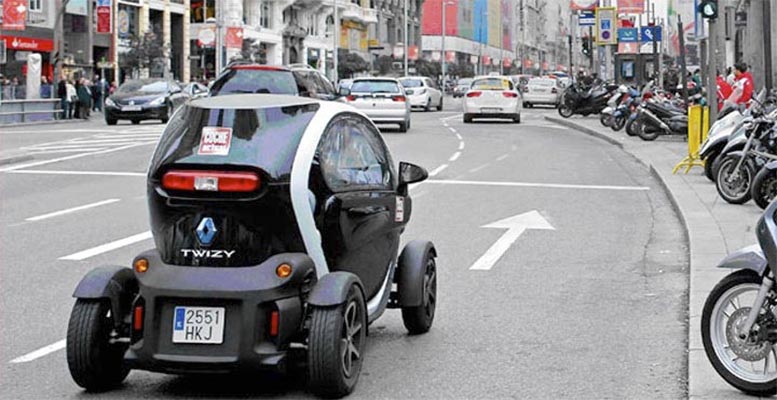This week, the recovery plan was presented in Parliament, for which, over the next three years, nearly €50 billion will be allocated. Amongst the investments of the ten main projects presented, more than €13.2 billion will be earmarked for sustainable mobility and electric cars. This makes the automotive sector the target of this first strategic plan for economic recovery and transformation (PERTE). The plan will be aimed at encouraging the installation of recharging points (deploying at least 80,000-110,000 new recharging points) and the purchase of electric vehicles (reaching 250,000 electric vehicles by 2023 to achieve the target of 5 million electric vehicles by 2023). This commitment to electric mobility is expected to attract investment for the manufacture of new models in Spain, as well as for the deployment of charging infrastructures. The Programme of Incentives for Efficient and Sustainable Mobility (Moves III) has also been published in the Official State Gazette this week. Grants for the purchase of an electric car can reach up to €8,000 if the additional discount from the brands is taken into account. Individuals and the self-employed can benefit from the aid for the purchase of electric vehicles and installation of charging points that have been invoiced since 10 April (included). However, companies will have to wait for the call for applications from the Autonomous Communities, which have a maximum period of three months from the entry into force of the royal decree.
Aid for individuals and the self-employed will be €7,000 if an electric car is purchased and a petrol or diesel model more than seven years old is also scrapped. If the old vehicle is not handed in, the aid will be €4,500. In the case of hybrid models, the subsidies will be €2,500 and €5,000 if the old car is also scrapped. In addition, manufacturers will have to give an additional €1,000 discount. Only cars costing no more than €45,000, whether they are electric or plug-in hybrids, will benefit from this aid. In the case of recharging points, the aid is aimed at the self-employed, private individuals, residents’ associations and local authorities, and will cover 70% of the cost of the installation, provided that the cost does not exceed €800,000 per case.
We hope the plan will have a greater impact than the last aid programmes for the sector, which did not manage to provide much of an incentive for the purchase of electric vehicles. In this case, as it is a three-year plan with a much higher amount, we are confident it will have a greater impact. The real impact and effectiveness of the plan will depend on how it is managed.





